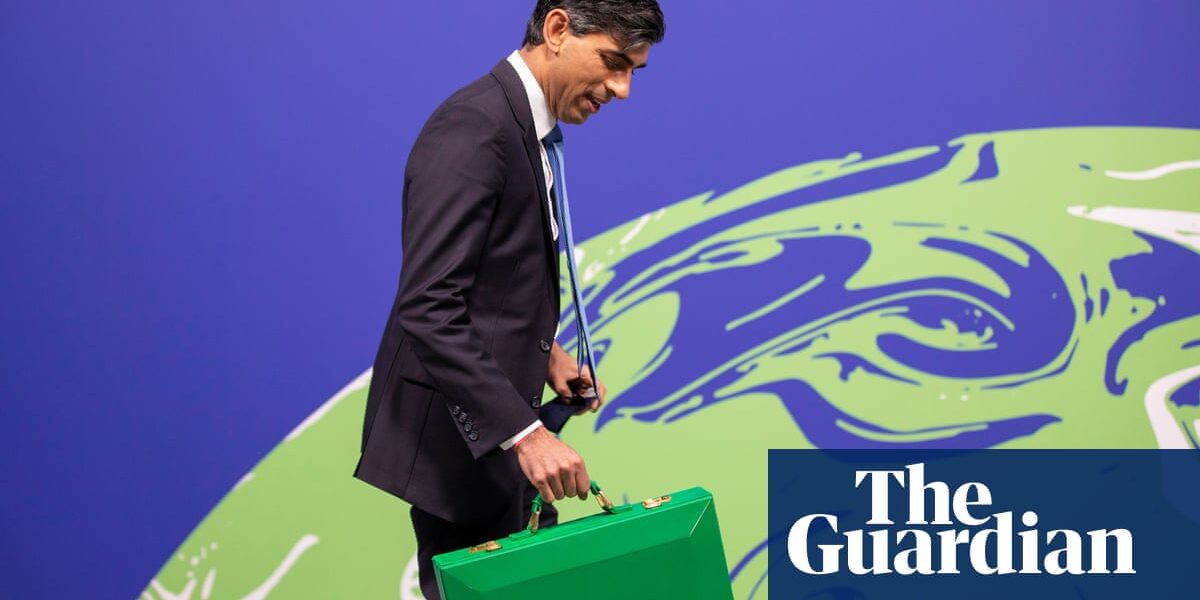The UK has been accused of constantly changing the conditions of its climate finance promises.

Ministers have been criticized for changing the requirements to achieve the UK’s global climate goals, as £1.7bn of an already established aid budget was re-categorized to support environmental initiatives in developing countries.
According to the official aid monitoring organization of the government, the changes in accounting may not be enough for Downing Street to reach the targeted amount of £11.6bn, given the significant reduction in overseas aid expenses.
Last year, members of Parliament were open about their efforts to redefine the types of aid that count towards meeting the climate goal. However, the Independent Commission for Aid Impact (ICAI) has now for the first time quantified the extent of these changes and provided commentary on their suitability.
According to the report, the government made changes to its accounting method in order to fulfill the UK’s climate finance commitment of £11.6bn. These changes were essential as the previous approach was inadequate and the target would not have been met without them.
The alterations resulted in the government recording an additional £1.724bn towards their goal. However, countries relying on the ICF pledge for assistance did not receive any extra funds to address climate change.
The report further explains that the reclassifications are significant, accounting for 15% of the UK’s overall climate commitment. It notes that this has tarnished the government’s image as a pioneer in the area.
The United Kingdom’s commitment of £11.6bn came from multiple UN climate conferences and was widely applauded for positioning the UK as a frontrunner in climate finance contributions. This amount was the UK’s share in meeting the international goal of raising $100bn per year for climate finance, a promise that was initially made in 2009.
The United Kingdom promised to contribute £11.6 billion over the course of five years until March 2026 at the 2019 UN General Assembly. According to the ICAI report, the government must still come up with 55% of the pledged amount in the last two years.
The promised amount of at least £2.6bn will not need to be used until the last year, 2025-26, after a general election. This delay in spending would create significant financial strain for any future Labour government aid plan.
According to the review conducted by Dr Tamsyn Barton, the chief commissioner of ICAI, concerns have been raised about the UK’s accounting methods. The identification of existing expenses as international climate finance has resulted in a discrepancy in the amount of promised assistance. This could mean that the UK is providing less additional support than initially pledged. Additionally, this approach may not adequately meet the needs of the most vulnerable countries, such as the least developed, conflict-affected, and small island developing states, who are at risk from the impacts of climate change.
The government discovered a sum of £1.7bn by changing the categorization of money given to multilateral development banks as environmentally friendly (equivalent to over £750m). They also designated a fixed amount of 30% of humanitarian programs operating in the most climate-affected countries (totaling £470m) as green finance, resulting in no extra funds for these vulnerable nations. Through a process described as a “scrubbing exercise,” an additional £200m was identified for green financing.
According to the report, there has been a shift in the allocation of UK aid funding towards loans instead of grants through multilateral development banks. This approach may not be as suitable for the countries that are most in need and most at risk from climate-related issues.
The report suggests that there is not enough clarity regarding the new accounting, making it challenging to hold the government responsible for its pledges on climate finance.
Source: theguardian.com




